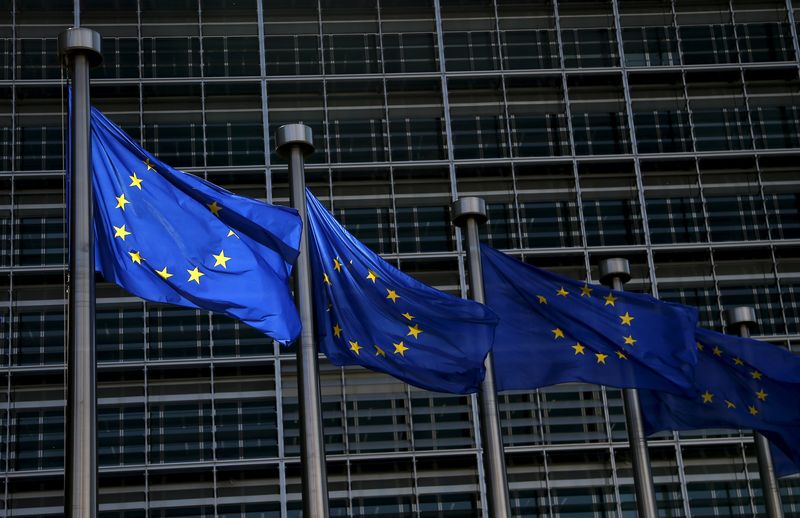Gold prices hold sharp gains as soft US jobs data fuels Fed rate cut bets
Investing.com - European leaders are widely backing a quick trade deal with the United States as the expiration of a delay to President Donald Trump’s aggressive "reciprocal" tariffs looms, according to Reuters.
Citing officials and diplomats, the news agency said leaders from the European Union’s 27 member states meeting in Brussels on Thursday will urge the European Commission -- which negotiates for the bloc -- to reach an agreement soon, even if it ends up favoring Washington.
This will allow the EU to then push to right perceived trade imbalances with measures of their own, the report said.
Germany, Europe’s traditional economic powerhouse and a major exporter, particularly backed a quick deal with the U.S., with Chancellor Friedrich Merz saying the continent faces "decisive weeks and months." A survey released on Wednesday pointed to a darkening mood among German exporters because of ongoing uncertainty around the trajectory of U.S. tariffs, while an industry association has cut its annual growth forecast for Germany due to the levies.
The urgency comes as Trump’s reciprocal tariff pause is set to end in less than two weeks. While the EU has been aiming for a mutually beneficial agreement, the Trump administration is reportedly keen to stick to a broad-based 10% tariff on most EU goods and threaten elevated rates should talks drags on, Reuters reported.
Washington has already slapped import tariffs of 50% on EU steel and aluminum, 25% on autos and auto parts and a 10% tariff on most other items. Trump, who has frequently accused the bloc of conducting unfair trade practices, has said the 10% rate could climb to 50% without a deal in place.
Meanwhile, the EU’s response to the baseline tariff remains uncertain. The EU has previously announced tariffs on 21 billion euros worth of U.S. goods, but has not imposed them. It is also considering further levies on up to 95 billion euros of U.S. imports.
A tax on digital advertising -- a step that could impact U.S. tech giants like Google-parent Alphabet (NASDAQ:GOOGL) and Facebook-owner Meta Platforms (NASDAQ:META) -- is being mulled over as well.
